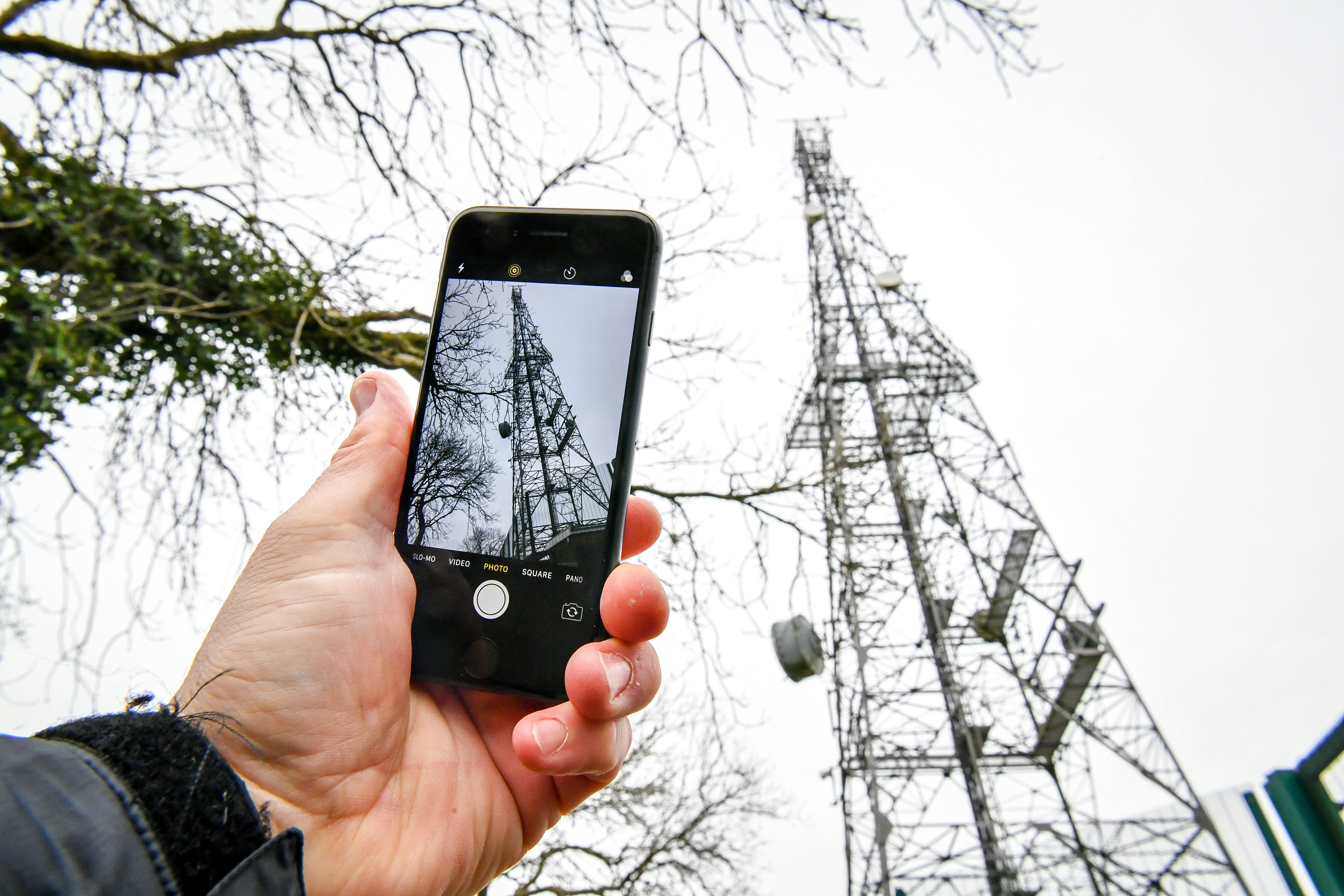6G network at least a decade away, expert says
The UK’s current infrastructure will need ‘significant upgrades’ to support next-generation connectivity.

6G internet connectivity is not as imminent as some telecom companies suggest and could be at least a decade away, an expert has said.
Eddie Ball, reader in radio frequency engineering & UKRI Future Leaders Fellow at the University of Sheffield, said the UK’s current infrastructure will need “significant upgrades” to be able to support a 6G network.
5G only began rolling out in the UK in 2019 but many are already predicting that its successor, 6G, will be up to 100 times faster and could power virtual reality platforms such as the metaverse and help propel self-driving cars.
But Mr Ball said the UK’s current infrastructure, including hardware, mobile phones and the antennas, are all unfit for this purpose.
It will be a shame if we once again have to buy in all our critical technology, rather than building at least some of it here
Speaking ahead of his event at the British Science Festival, he said: “A major problem is power efficiency of radio systems needed to deliver future high data rates – translating to poor future mobile battery life.
“Our research at the University of Sheffield has started to identify new techniques and architectures that can offer improved power efficiency and performance, but we’re still years away from seeing that being the reality in our everyday lives.
“If we want to see the full benefit of 6G in the next decade, the UK needs to play a key part in leading international research, steering international standards creation, and formation of new high-tech companies to build the hardware infrastructure.
“It will be a shame if we once again have to buy in all our critical technology, rather than building at least some of it here.”
Last year, the Government announced it was allocating £70 million to the Future Telecoms UKRI Technology Missions Fund (TMF) programme, to research new forms of telecoms tech in the UK.
This investment was to help the UK become a leader in 6G technology and beyond, the Department for Science, Innovation and Technology said at that time.
In 2022, Ericsson revealed it was investing tens of millions of pounds in the UK over the next 10 years by establishing a new research unit to focus on 6G connectivity.
The telecoms giant said the new programme would see researchers employed alongside PhD students and other academics to look into next generation 6G technology and its possible uses.
Bookmark popover
Removed from bookmarks